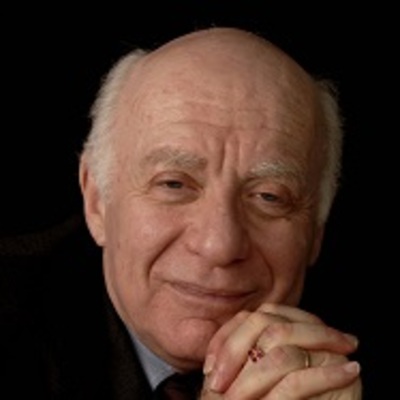The Christian Terror of Saint Augustine
In an earlier era, rampaging monks sought to create the Christian equivalent of the ISIS caliphate.
December 11, 2015
At one time, Christians performed deeds little different from those of ISIS today – amazingly with the explicit blessing of Augustine of Hippo, a Catholic saint and an influential leader of the Church in Roman North Africa.
There is a benefit to examining this aspect of Saint Augustine, who is better known for his fourth and fifth century philosophical and theological musings. It provides us an older insight into the jihadist mentality, nowadays mainly of an Islamist character, that jeopardizes civilization today.
It also reminds us that there is nothing inherent in Islamic doctrine or theology that cannot be found in the heritage of those Christians who most loudly attempt to associate all Muslims with the jihadists and ISIS.
Destruction of the other sects
Well-documented Church history tells us that Augustine personally incited zealous monks who cut a swath across North Africa and the East. They destroyed pagan temples, terrorized Donatists, crushed the remnants of Gnostic communities and burned synagogues.
Flying squads of black clad mad monks swept through targeted districts – intoxicated by their own incessant loud chanting.
The calculated aim was to win converts by displays of power and militancy that intimidated the populace. Agitation and coercion were the methods.
Augustine, in his institutional capacity, promoted these nasty forays to extend the “Charity of Christ,” i.e. boost the number of converts. That was, in fact, the principal, political basis for his “just war” theory – not defensive response to an inter-state threat.
Influencing the actions of states and leaders
Encouraging a campaign of violence hopefully would create “facts on the ground” that could serve as a bulwark against any successor to the apostate Emperor Julian who might threaten the Christian Dominion – however far it had strayed from Christ.
Augustine wrote: “I would not have believed the Gospel had not the authority of the Church moved me.” (Contra Epistulam Fundamentic. 410 ch.5) It therefore was crucial that the campaign have the authority of, and strengthen the Church.
Those glaze-eyed, foaming-at-the-mouth fanatics were actually “Ye of little faith,” whose visionary prospects for the City of God could not dissolve their fears about another City of Julian challenging Christianity’s status as the Empire’s official religion.
Breaking Caesar, then and now
The Church as temporal power as well as spiritual power was their Caliphate – not to be rendered to some other Caesar.
Since Jesus’ prophecy of the imminent Day of Judgment had not come to pass, the here-and-now had become inseparable from the Hereafter.
Establishment of a Christian Caliphate is the stated goal of today’s American Dominionists – one of whose pastoral leaders is the father of presidential candidate Ted Cruz.
The defining concept of Dominionism is “that Christians alone are Biblically mandated to occupy all secular institutions until Christ returns.”
Augustine, possessing the mind of a shrewd political strategist – among other attributes, understood that securing the power of the state to instruct and to coerce was crucial for the Church’s long-term success. Sound familiar?
Takeaways
In an earlier era, rampaging monks sought to create the Christian equivalent of the ISIS caliphate.
There is nothing in Islamic doctrine or theology that cannot be found in the heritage of Christians.
Zealous Christian monks once cut a terrorizing swath across North Africa and the East.
Establishing a Christian Caliphate is a stated goal of US Dominionists like Ted Cruz’s father.
